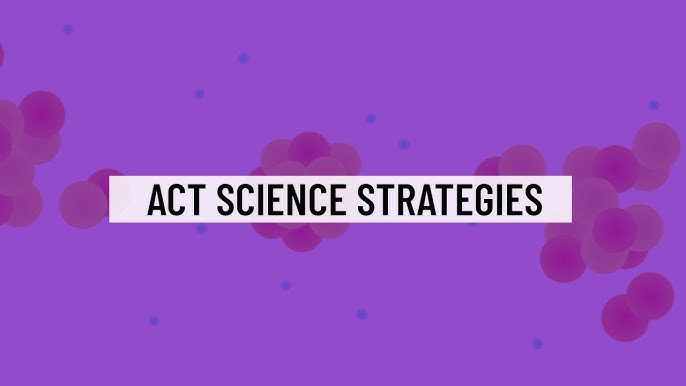Are you a humanities student who breaks into a cold sweat at the mere mention of the ACT Science section? Don’t worry! Contrary to popular belief, you don’t need to be a science whiz to excel in this part of the test. This ultimate guide will transform your approach and boost your confidence in tackling the ACT Science section.
What Makes the ACT Science Section Unique?
Here’s a secret most students don’t know: The ACT Science section isn’t really about scientific knowledge. It’s about data interpretation, logical reasoning, and quick analysis. Whether you’re a literature lover or a history buff, these skills are already in your toolkit.
The Science Section Breakdown
- Total Questions: 40
- Time Limit: 35 minutes
- Content: A mix of biology, chemistry, physics, and earth sciences
- Key Focus: Reasoning, not memorization
3 Crucial Strategies for Non-Science Students
1. Understand the Passage Types
The ACT Science section typically includes three main passage types:
- Data Representation Passages: Graphs, charts, and tables galore! No deep scientific knowledge required.
- Research Summaries: Experiments laid out clearly, waiting for your logical analysis.
- Conflicting Viewpoints: Different scientific perspectives that test your comparison skills.
2. Master the 30-Second Scan Method
Time is your most valuable resource. Here’s how to make the most of it:
- Quick Skim: Spend just 30 seconds scanning the passage
- Look for Key Elements:
- Titles and headings
- Visual information
- Overall context
- Avoid: Getting bogged down in scientific details
3. Develop Data Interpretation Skills
The secret sauce to ACT Science success? Understanding graphs and data:
- Always Check:
- Axis labels
- Measurement units
- Data trends
- Scale and intervals
Common Mistakes to Avoid
- Overthinking Scientific Jargon: If a term confuses you, skip it and focus on the data.
- Bringing Outside Knowledge: Stick to the information provided in the passage.
- Poor Time Management: Practice working quickly and efficiently.
Practical Preparation Tips
Daily Practice Routine
- 15-minute graph and data interpretation practice
- Timed mock science sections
- Detailed mistake analysis
Recommended Study Materials
- Official ACT practice tests
- Online practice resources
- Science textbook reviews
The Psychological Approach
Mindset Matters
- Stay calm and focused
- Remember: It’s about reasoning, not memorization
- Build confidence through consistent practice
Pro Tip: Your Non-Science Background is an Advantage!
Humanities students often excel at:
- Logical reasoning
- Quick comprehension
- Pattern recognition
These skills are exactly what the ACT Science section tests!
Final Thoughts
The ACT Science section is not a science exam – it’s a reasoning test. With the right strategies, even students who struggle with science can score impressively.
Quick Self-Assessment Checklist
- Can you describe a graph’s trend in 10 seconds?
- Do you understand basic experimental variables?
- Can you compare two data sets quickly?
If you answered “yes” to most of these, you’re already on your way to ACT Science success!
Get Started Today
Don’t let the science section intimidate you. With practice, strategy, and confidence, you can turn this challenging section into an opportunity to shine.
Recommended Next Steps:
- Download ACT practice tests
- Start a daily 15-minute practice routine
- Track your progress and celebrate improvements
Remember, success in the ACT Science section is about smart preparation, not scientific expertise. You’ve got this!










